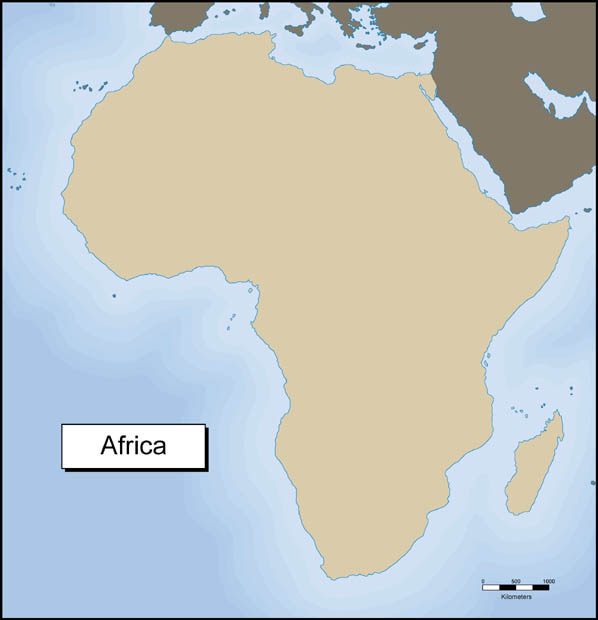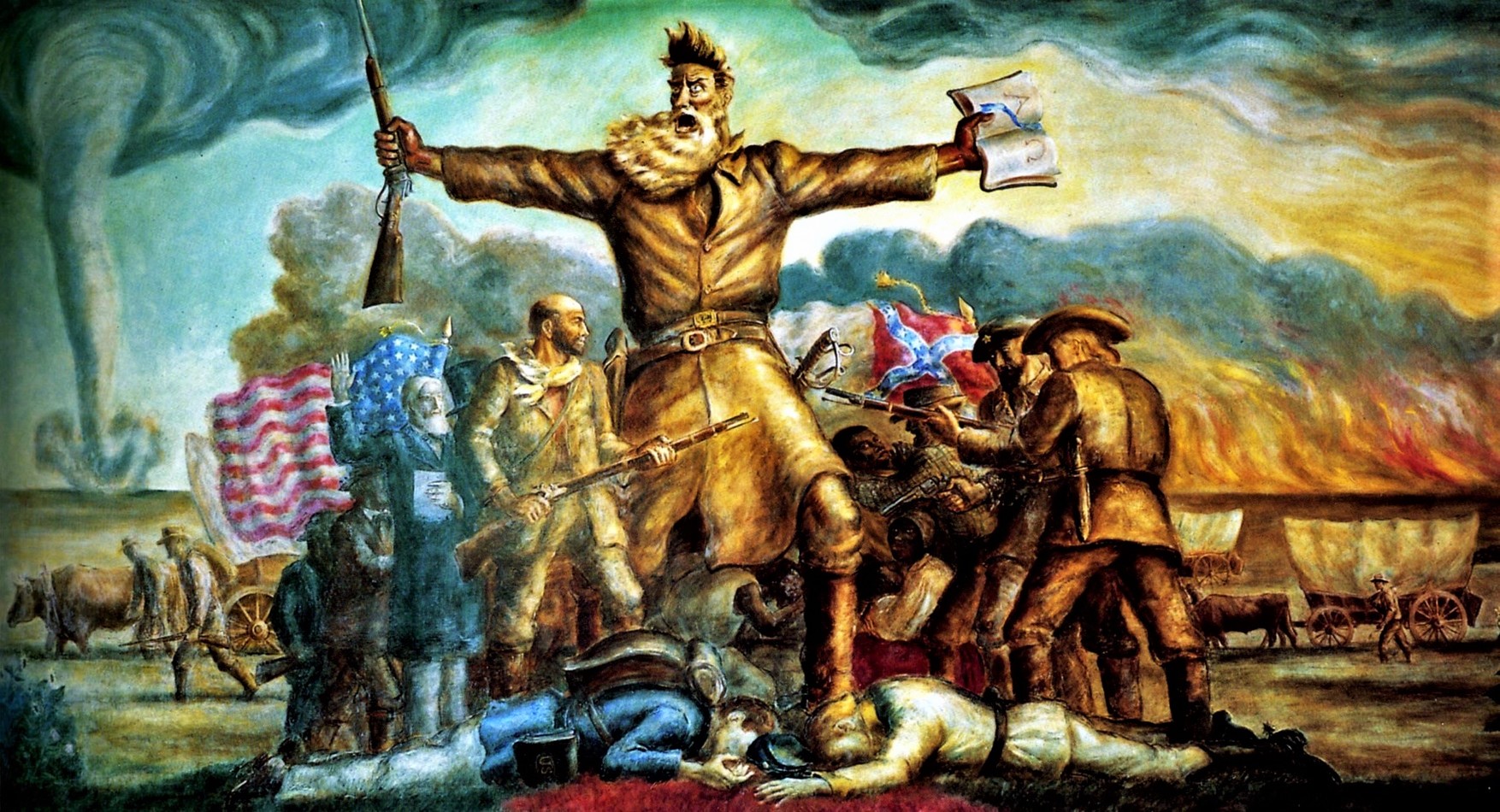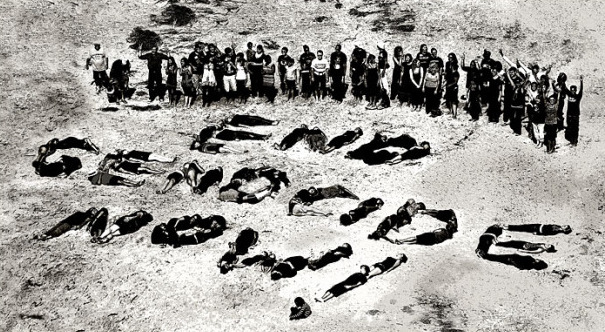
An urban geography course examines the processes and patterns of cities, including their formation, internal structure, and relationship with the environment and human behavior. Courses typically cover urbanization, city planning, economic and social dynamics, and issues like sustainability and inequality. It uses social and economic models to explain urban development and understand how cities are shaped and how people experience them.
- Teacher: Dr Moses BAIKIRIZE

This course focuses on the pedagogical approaches, strategies, and techniques used to effectively teach History and Geography at various educational levels. It equips prospective and practicing teachers with both theoretical foundations and practical skills needed to design and implement engaging, learner-centered lessons. Emphasis is placed on instructional planning, use of teaching aids and technology, assessment strategies, classroom management, and the integration of local content. The course also examines the challenges of teaching abstract and complex concepts in both subjects and ways to make them meaningful and relatable to students.
Objectives:
- To develop a deep understanding of the nature and objectives of History and Geography education.
- To explore and apply various teaching methods appropriate to the subjects.
- To enable students to design effective lesson plans and teaching materials.
- To integrate the use of maps, timelines, models, case studies, and fieldwork in teaching.
- To assess learners’ understanding using diverse evaluation tools and techniques.
- To reflect critically on the role of the teacher in promoting historical and geographical thinking.
Learning Outcomes:
- Explain the principles and importance of teaching History and Geography.
- Select and apply appropriate teaching methods based on learners' needs and content.
- Prepare lesson plans that align with curriculum objectives.
- Use teaching resources like maps, timelines, and ICT tools effectively.
- Conduct assessments and provide feedback to support student learning.
- Encourage critical thinking, inquiry, and contextual understanding in both subjects.
- Identify challenges in teaching History and Geography and propose solutions.
Course Code: EDS 3201
Credits: 15
Academic Year 2024-2025
- Teacher: content creator

Foundation of Education is an introductory course that examines the philosophical, psychological, sociological, and historical roots of educational theory and practice. It explores the aims and functions of education, the role of the teacher, learner development, and the influence of culture and society on educational systems. The course encourages critical reflection on the values and assumptions that shape education, promoting an understanding of how education contributes to personal growth and social transformation. By integrating interdisciplinary perspectives, students gain a well-rounded understanding of the educational process and its broader implications in society, preparing them to become thoughtful and effective educators.
Objectives:
The course aims to:
-
Introduce students to the core philosophical, psychological, sociological, and historical foundations of education.
-
Promote an understanding of the purpose and function of education in both individual and societal development.
-
Encourage critical thinking about educational issues, policies, and practices.
-
Examine the influence of culture, politics, and economics on educational systems.
-
Foster awareness of the ethical responsibilities and professional roles of educators.
Learning Outcomes:
By the end of this course, students will be able to:
-
Explain key philosophical, psychological, sociological, and historical concepts related to education.
-
Analyze how educational systems are influenced by cultural, social, and political factors.
-
Demonstrate an understanding of the role of education in shaping individuals and societies.
-
Identify major educational thinkers and their contributions to educational theory.
-
Critically reflect on contemporary issues in education from multiple theoretical perspectives.
-
Discuss the ethical and professional responsibilities of teachers in diverse educational contexts.
-
Apply foundational knowledge to assess and improve teaching and learning practices.
Course Code: EDF 2101
Academic Year 2024-2025
Lecturer: Daniel DUKUNDANE
E-mail: dukundanedan@gmail.com
- Teacher: content creator

Description:
The African History module explores the rich and diverse history of Africa, from ancient civilizations to contemporary developments. This course examines the political, social, economic, and cultural transformations that have shaped the continent over time. It highlights Africa’s contributions to global history, the impact of colonialism, struggles for independence, and the challenges and achievements of modern African states.Course code: HIS 3201
Course credit: 10
Pre-requisites: None
Academic year: 2024-2025
Lecturer: Samuel Ngendahimana
Course Objectives:By the end of this module, learners will be able to:
-
Understand the Foundations of African History
- Describe the origins and development of ancient African civilizations.
- Analyze the contributions of African societies to global history and culture.
-
Examine Pre-Colonial African Societies
- Identify key African kingdoms, empires, and their governance structures.
- Explain the role of trade, religion, and cultural exchanges in shaping African societies.
-
Analyze the Impact of the Transatlantic Slave Trade
- Understand the causes and consequences of the slave trade on African economies and societies.
- Discuss African resistance to slavery and its long-term effects on the continent.
-
Explore the Effects of Colonial Rule
- Examine the motives and strategies of European colonization in Africa.
- Assess the economic, social, and political impact of colonial policies on African societies.
-
Evaluate African Struggles for Independence
- Investigate the rise of nationalist movements and key independence leaders.
- Analyze the process of decolonization and challenges faced by newly independent states
Course Learning Outcomes
- Teacher: HABINSHUTI EMMANUEL

This course provides an overview of the major events, people, and themes that have shaped the United States from its pre-Columbian origins to the present day. It covers key periods such as the colonial era, the American Revolution, the formation of the Constitution, westward expansion, the Civil War and Reconstruction, industrialization, the World Wars, the Civil Rights Movement, and contemporary developments. The course emphasizes political, social, economic, and cultural changes while exploring the diverse experiences of Indigenous peoples, immigrants, enslaved individuals, and other groups in shaping American identity and democracy.
Objectives:
- To provide an understanding of key events, figures, and movements that shaped American history.
- To explore the political, economic, social, and cultural developments from pre-colonial times to the present.
- To analyze historical sources and interpretations critically.
- To examine the role of America in global history and its influence on the modern world.
- Identify and explain major periods and turning points in American history.
- Analyze causes and consequences of historical events using primary and secondary sources.
- Evaluate the impact of historical developments on American society and the world.
- Develop and present informed arguments about historical issues in written and/or oral form.
- Demonstrate an understanding of diverse perspectives and contributions within American history, including those of marginalized groups.
Course Code: HIS 4302
Credits: 10
Academic Year 2024-2025
Lecturer: Charles NDAYISENGA
- Teacher: content creator

This course explores the historical, political, and social roots of genocide and the ideologies that promote discrimination, hatred, and systematic violence against specific groups. It examines key case studies of genocide—including the Holocaust, the Rwandan Genocide, the Armenian Genocide, and others—while analyzing the roles of propaganda, racism, nationalism, colonialism, and dehumanization. The course also investigates the psychological and sociological factors that drive individuals and societies toward genocidal actions. Students will engage with international responses, legal frameworks (such as the Genocide Convention), and efforts toward justice, reconciliation, and prevention. Through critical discussion and reflection, the course aims to foster awareness, empathy, and a commitment to human rights and global responsibility.
Objectives:
- To understand the definitions, causes, and characteristics of genocide and discriminative ideologies.
- To explore historical and contemporary case studies of genocide and mass atrocities.
- To analyze the role of racism, nationalism, propaganda, and political ideologies in promoting systemic violence.
- To examine international laws, conventions, and responses aimed at preventing and addressing genocide.
- To foster critical thinking, ethical reflection, and a commitment to human rights and social justice.
- Define genocide and related terms, and explain the factors that contribute to its occurrence.
- Identify and describe major instances of genocide throughout history and their global impacts.
- Analyze how discriminatory ideologies develop and lead to dehumanization and violence.
- Evaluate the effectiveness of international responses and legal measures in preventing and punishing genocide.
- Demonstrate empathy and ethical awareness when discussing sensitive historical events.
- Propose informed strategies to combat discrimination, promote tolerance, and prevent future atrocities.
Academic Year 2024-2025
Lecturer: Charles NDAYISENGA
- Teacher: content creator

